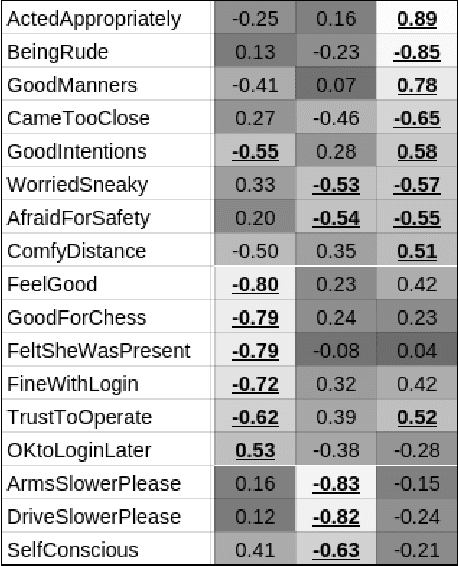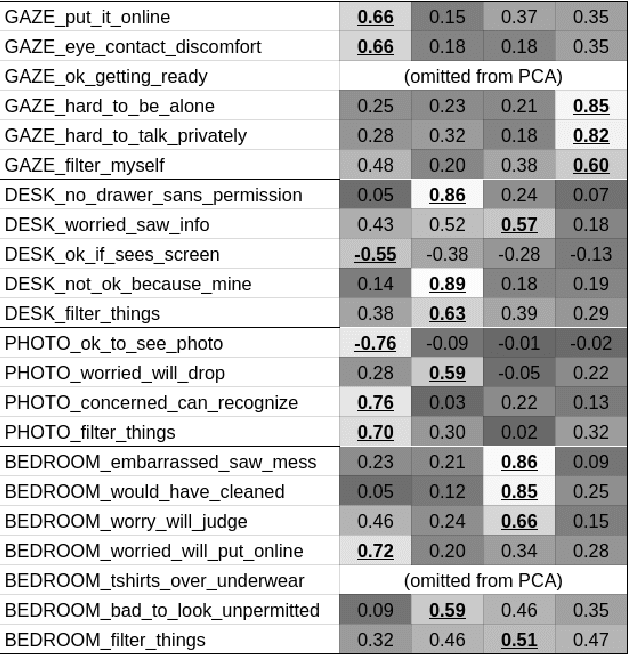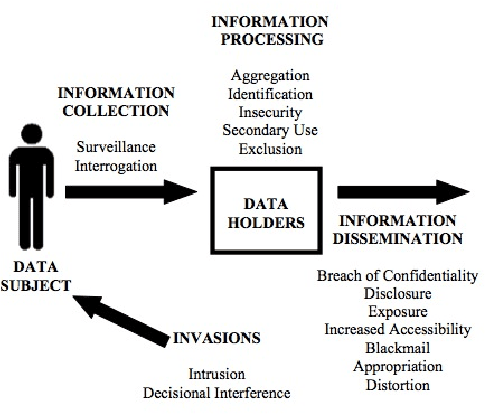Frank J. Bernieri
Framing Effects on Privacy Concerns about a Home Telepresence Robot
Nov 12, 2019


Abstract:Privacy-sensitive robotics is an emerging area of HRI research. Judgments about privacy would seem to be context-dependent, but none of the promising work on contextual "frames" has focused on privacy concerns. This work studies the impact of contextual "frames" on local users' privacy judgments in a home telepresence setting. Our methodology consists of using an online questionnaire to collect responses to animated videos of a telepresence robot after framing people with an introductory paragraph. The results of four studies indicate a large effect of manipulating the robot operator's identity between a stranger and a close confidante. It also appears that this framing effect persists throughout several videos. These findings serve to caution HRI researchers that a change in frame could cause their results to fail to replicate or generalize. We also recommend that robots be designed to encourage or discourage certain frames.
A Taxonomy of Privacy Constructs for Privacy-Sensitive Robotics
Jan 03, 2017
Abstract:The introduction of robots into our society will also introduce new concerns about personal privacy. In order to study these concerns, we must do human-subject experiments that involve measuring privacy-relevant constructs. This paper presents a taxonomy of privacy constructs based on a review of the privacy literature. Future work in operationalizing privacy constructs for HRI studies is also discussed.
 Add to Chrome
Add to Chrome Add to Firefox
Add to Firefox Add to Edge
Add to Edge